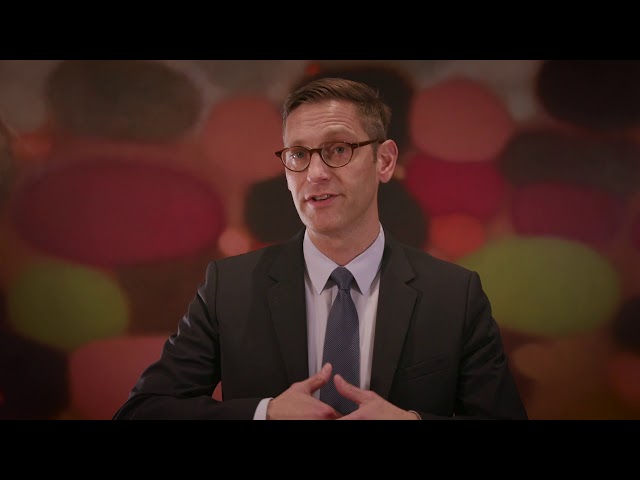My Complete Career was around and about Data Management
My passion for data management started 1999 when I worked for PwC and was member of a large project team re-engineering business processes for all General Motors plants in Europe. In this context, I got on touch with a guy in Rüsselsheim, Germany, who was responsible for the material master data cycle for GM. Unfortunately, I cannot remember his name, but what I remember is that he was constantly in bad mood – because everyone in the company was approaching him complaining about poor master data quality.
I realized that master data has an impact on literally every business process in an organization and, thus, it has to be managed in an enterprise-wide manner.
From PwC I moved to Fraunhofer IAO where I did my PhD on electronic business standards, i.e. defining information and data models for electronic catalog data (such as BMEcat) and XML-based transaction data. Then I joined SAP where I was involved with – by that time internal – platform business, which came along in the form of NetWeaver. I helped large SAP customers to implement this process and data integration infrastructure and learned what it needs for a cross-function to be successful. As we know, Data Management is also cross cutting all business units etc.
Then I moved to Switzerland and was very happy to see that discussions were ongoing at Hubert Österle’s chair to make corporate data quality the next hot topic. There was no need to convince me as you know…
After my habilitation at the University of St. Gallen, I am now holding the Chair for Industrial Information Management at TU Dortmund University and I am heading Fraunhofer ISST. I took what I learned from corporate-internal data management to the next level, i.e. data sharing in ecosystems.
Together with Prof. Dr. Christine Legner and Prof. Dr. Hubert Österle I am one of the co-founders of the Competence Center Corporate Data Quality (CC CDQ) . Out of this research endeavor grew the idea to provider professional services and software solutions to ensure best data quality in a company. Thus, with a team of other data enthusiast I founded CDQ AG and since 2015 I am a member of the supervisory board. It is very interesting to observe – and being part – of the evolution in terms of maturity the data topic underwent over all these years.
Using Data Sharing in the Best Way
I truly believe Data Sharing will be the key for future business success. Why? Well, simply because business innovation is only possible in many cases if data from different origins is used together. We see that all over the place, be it mobility, smart cities, energy etc. We all have to further mature our data profession, because with data sharing new challenges come along. Examples are data ethics, data economics and data ownership and liability.
These topics are also on our agenda in the International Data Spaces initiative, which aims at data sovereignty for businesses and individuals alike. If data is the source of future competitive advantage, we should be able to control who is doing what for which purpose with our data. This is what the IDS architecture supports. It is based on a peer-to-peer data sharing approach and does not require any central data storage. From the early days of the initiative, companies were eager to make sure they are not forced to dump their data into a central data lake of which nobody knows who is fishing in it.





